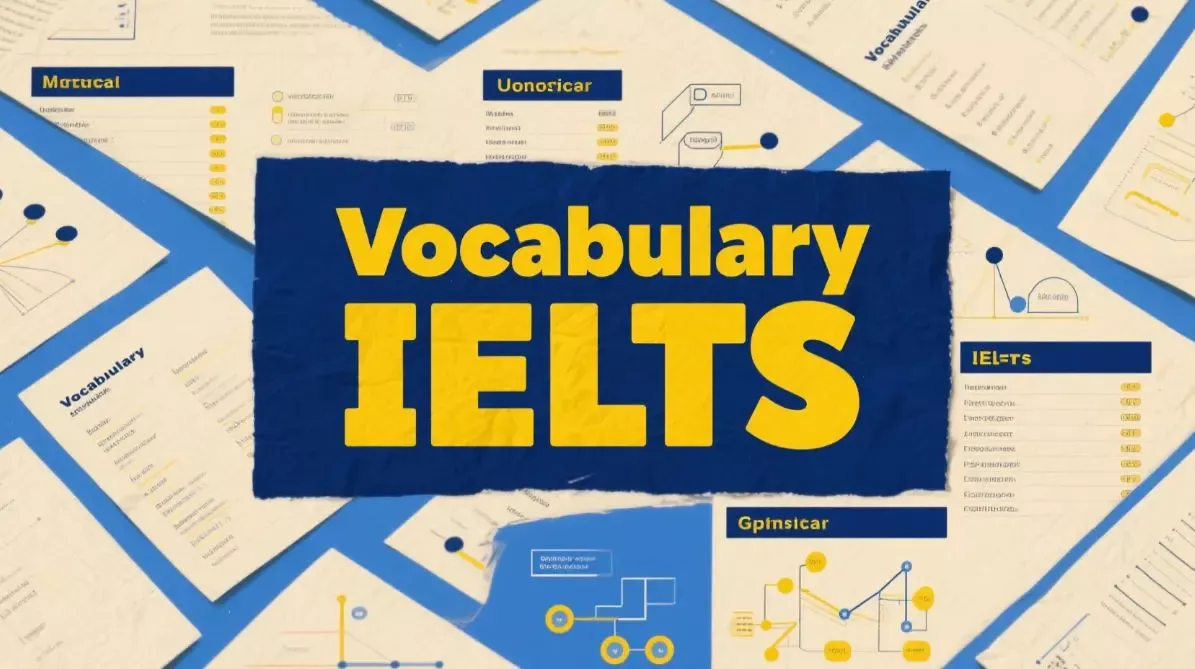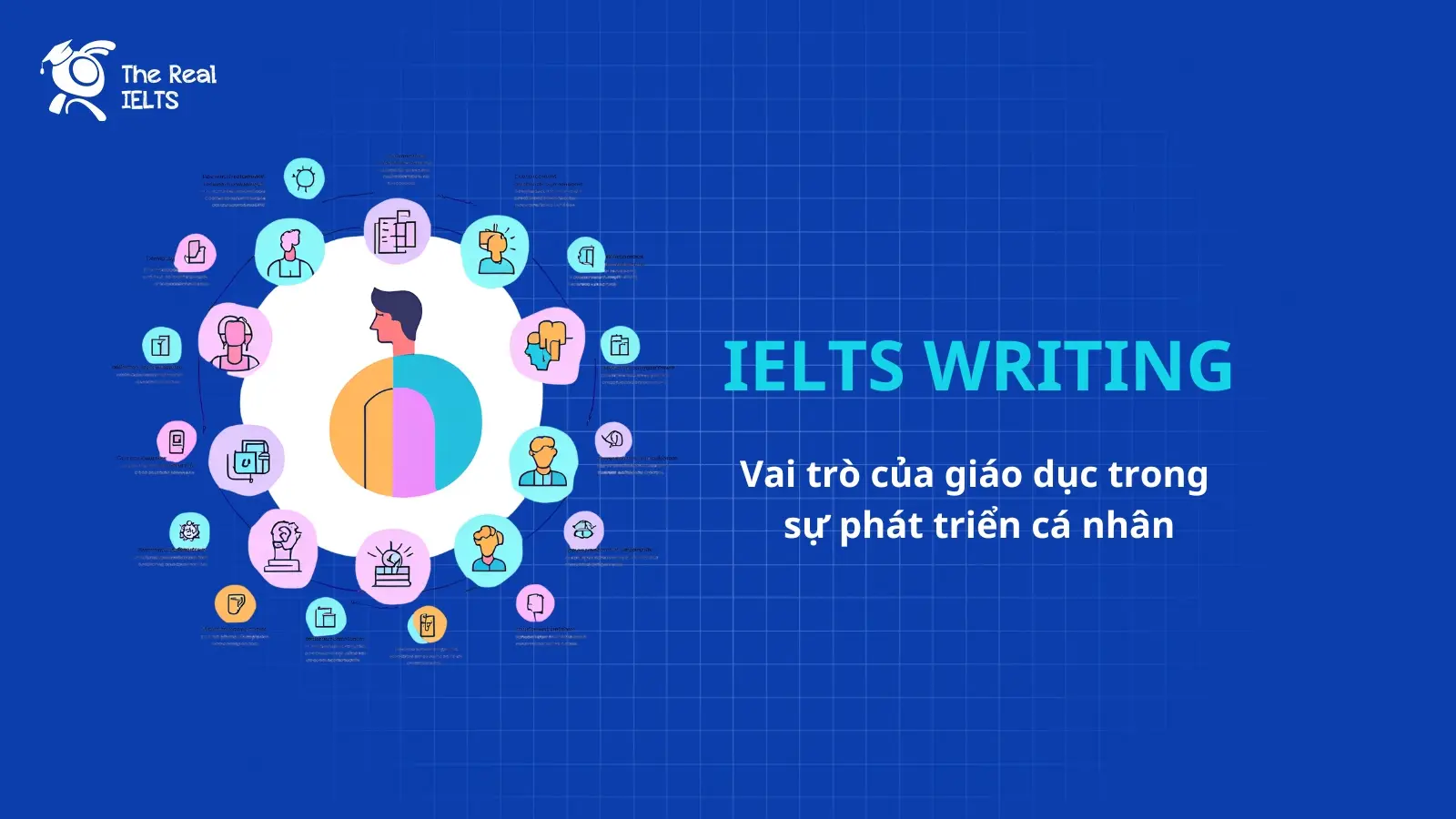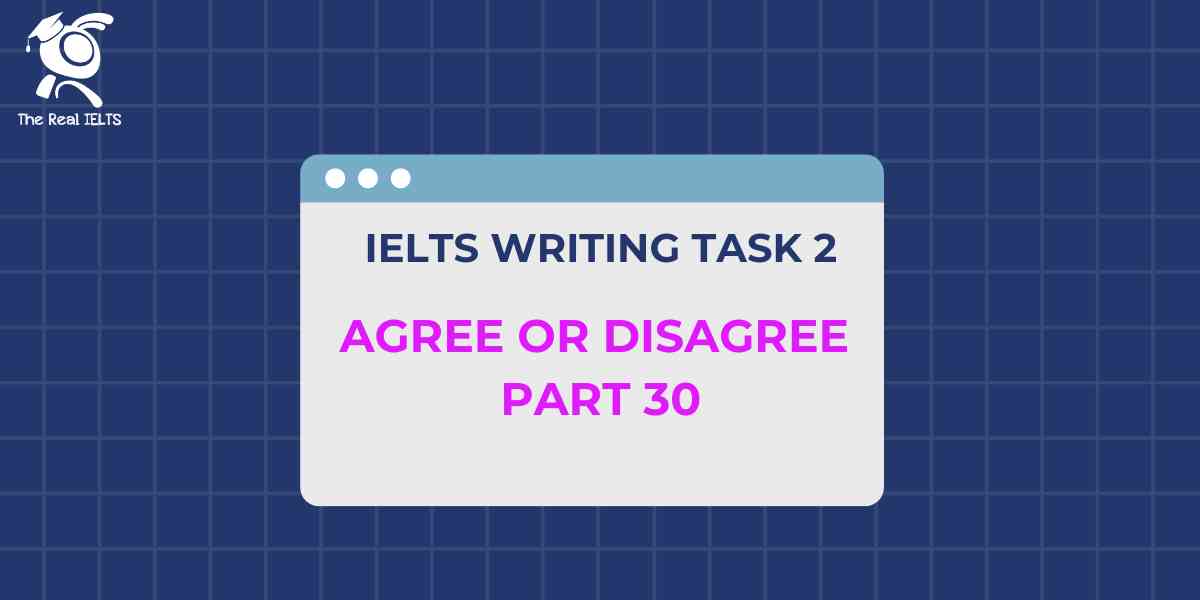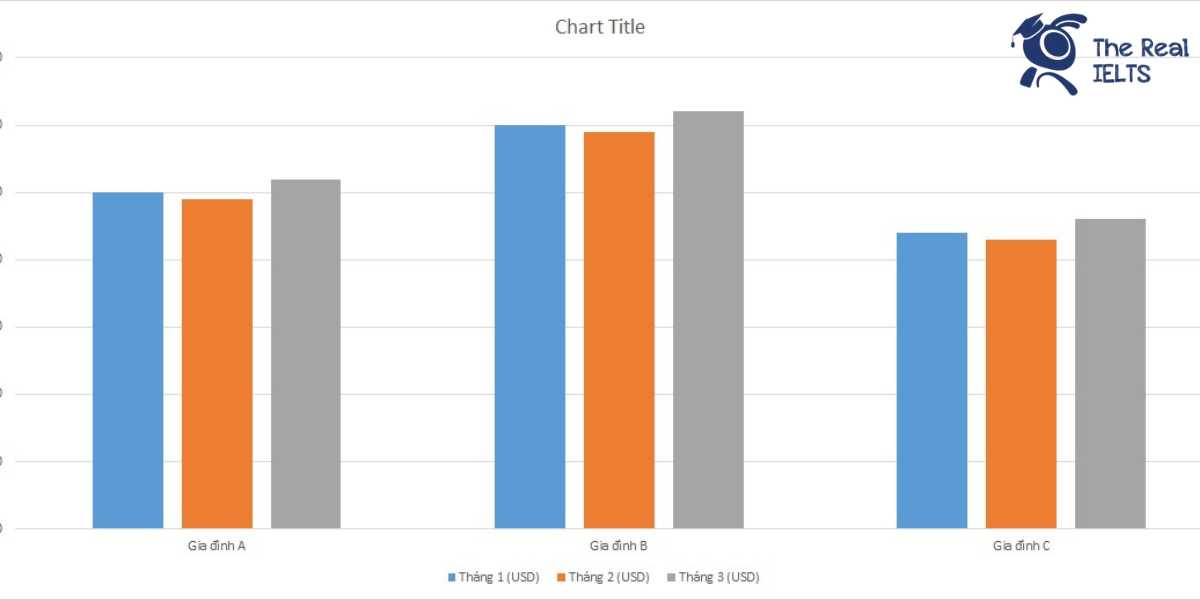Đề bài IELTS Writing Task 2 dạng Agree or Disagree Part 63:
You should spend about 40 minutes on this task
People should be fined for not recycling. To what extent do you agree or disagree?
Write at least 250 words.
Giải mẫu IELTS Writing
The issue of whether people should be fined for not recycling has sparked considerable debate. Some argue that imposing fines is a necessary measure to ensure environmental protection, while others believe it is an overreach of governmental authority. This essay will discuss both perspectives before concluding that fines should be implemented, but with certain conditions.
Firstly, it is evident that recycling plays a crucial role in reducing waste and conserving natural resources. By fining individuals who do not recycle, the government can enforce more responsible behavior. This approach has been successful in several countries where recycling rates have significantly increased following the introduction of penalties. For instance, in Germany, strict recycling laws accompanied by fines have led to one of the highest recycling rates in the world. Therefore, it is reasonable to believe that financial incentives can effectively encourage people to recycle.
However, it is important to consider that not all individuals have equal access to recycling infrastructure. In many rural or underdeveloped areas, the infrastructure for recycling may be inadequate or even non-existent. Penalizing people in these regions would be unfair and counterproductive. Instead, the government should focus on improving recycling facilities and making them more accessible to everyone before implementing fines. This approach would ensure that people are not unfairly punished due to circumstances beyond their control.
Moreover, education plays a vital role in promoting recycling. Instead of immediately resorting to fines, the government should invest in public awareness campaigns that highlight the benefits of recycling and provide guidance on how to do it effectively. Education can foster a culture of environmental responsibility, which is more sustainable in the long term than punitive measures alone.
In conclusion, while fines can be an effective tool to encourage recycling, they should not be the primary solution. The government must first ensure that adequate recycling infrastructure is in place and invest in public education campaigns. Only then should fines be considered as a supplementary measure. Therefore, I partially agree with the idea of fining people for not recycling, but it should be implemented with careful consideration of the broader context.
Cấu trúc ngữ pháp và cấu trúc câu
Cấu trúc câu và ngữ pháp
- Complex Sentences (Câu phức):
- “The issue of whether people should be fined for not recycling has sparked considerable debate.”
- “Some argue that imposing fines is a necessary measure to ensure environmental protection, while others believe it is an overreach of governmental authority.”
- “This essay will discuss both perspectives before concluding that fines should be implemented, but with certain conditions.”
- “By fining individuals who do not recycle, the government can enforce more responsible behavior.”
- “Therefore, it is reasonable to believe that financial incentives can effectively encourage people to recycle.”
- “In many rural or underdeveloped areas, the infrastructure for recycling may be inadequate or even non-existent.”
- “Instead, the government should focus on improving recycling facilities and making them more accessible to everyone before implementing fines.”
- “This approach would ensure that people are not unfairly punished due to circumstances beyond their control.”
- “Education can foster a culture of environmental responsibility, which is more sustainable in the long term than punitive measures alone.”
- “The government must first ensure that adequate recycling infrastructure is in place and invest in public education campaigns.”
- Compound Sentences (Câu ghép):
- “This approach has been successful in several countries where recycling rates have significantly increased following the introduction of penalties.”
- “Instead of immediately resorting to fines, the government should invest in public awareness campaigns that highlight the benefits of recycling and provide guidance on how to do it effectively.”
- “Only then should fines be considered as a supplementary measure.”
- Simple Sentences (Câu đơn):
- “Firstly, it is evident that recycling plays a crucial role in reducing waste and conserving natural resources.”
- “For instance, in Germany, strict recycling laws accompanied by fines have led to one of the highest recycling rates in the world.”
- “However, it is important to consider that not all individuals have equal access to recycling infrastructure.”
- “Moreover, education plays a vital role in promoting recycling.”
- “In conclusion, while fines can be an effective tool to encourage recycling, they should not be the primary solution.”
- “Therefore, I partially agree with the idea of fining people for not recycling, but it should be implemented with careful consideration of the broader context.”
Các từ kết nối các câu và các đoạn
- Firstly – Liên từ mở đầu đoạn văn thứ hai, dùng để giới thiệu điểm đầu tiên.
- Therefore – Liên từ chỉ kết quả, dùng để chỉ kết quả logic của ý trước đó.
- However – Liên từ chỉ sự đối lập, dùng để giới thiệu một ý trái ngược với ý trước.
- Instead – Liên từ chỉ sự thay thế, dùng để giới thiệu một lựa chọn khác.
- Moreover – Liên từ chỉ sự bổ sung, dùng để giới thiệu một ý bổ sung thêm vào ý trước đó.
- In conclusion – Liên từ mở đầu đoạn kết luận, dùng để tổng kết các ý đã trình bày trước đó.
- Only then – Liên từ chỉ điều kiện, dùng để nhấn mạnh rằng một hành động chỉ nên được thực hiện sau khi các điều kiện nhất định đã được đáp ứng.
- Therefore – Liên từ chỉ kết quả, dùng để kết luận bài viết dựa trên các luận điểm đã nêu.
Các từ vựng tiếng Anh cần lưu ý trong bài viết
- Issue – Vấn đề
- Sparked – Gây ra, châm ngòi
- Considerable – Đáng kể
- Debate – Tranh luận
- Imposing – Áp đặt
- Measure – Biện pháp
- Environmental protection – Bảo vệ môi trường
- Overreach – Vượt quá quyền hạn
- Governmental authority – Quyền lực của chính phủ
- Perspectives – Quan điểm
- Concluding – Kết luận
- Conditions – Điều kiện
- Role – Vai trò
- Reducing waste – Giảm rác thải
- Conserving natural resources – Bảo tồn tài nguyên thiên nhiên
- Enforce – Thực thi
- Responsible behavior – Hành vi có trách nhiệm
- Accompanied – Đi kèm
- Penalties – Hình phạt
- Recycling rates – Tỷ lệ tái chế
- Financial incentives – Khuyến khích tài chính
- Encourage – Khuyến khích
- Infrastructure – Cơ sở hạ tầng
- Inadequate – Không đầy đủ
- Non-existent – Không tồn tại
- Unfair – Không công bằng
- Counterproductive – Phản tác dụng
- Improve – Cải thiện
- Accessible – Có thể tiếp cận
- Public awareness campaigns – Chiến dịch nâng cao nhận thức cộng đồng
- Highlight – Làm nổi bật
- Guidance – Hướng dẫn
- Effectively – Hiệu quả
- Foster – Nuôi dưỡng, thúc đẩy
- Culture of environmental responsibility – Văn hóa trách nhiệm môi trường
- Sustainable – Bền vững
- Punitive measures – Biện pháp trừng phạt
- Primary solution – Giải pháp chính
- Supplementary measure – Biện pháp bổ sung
- Careful consideration – Cân nhắc kỹ lưỡng
- Broader context – Bối cảnh rộng hơn
Đọc thêm các bài Luyện Thi IELTS khác trong link nhé.















